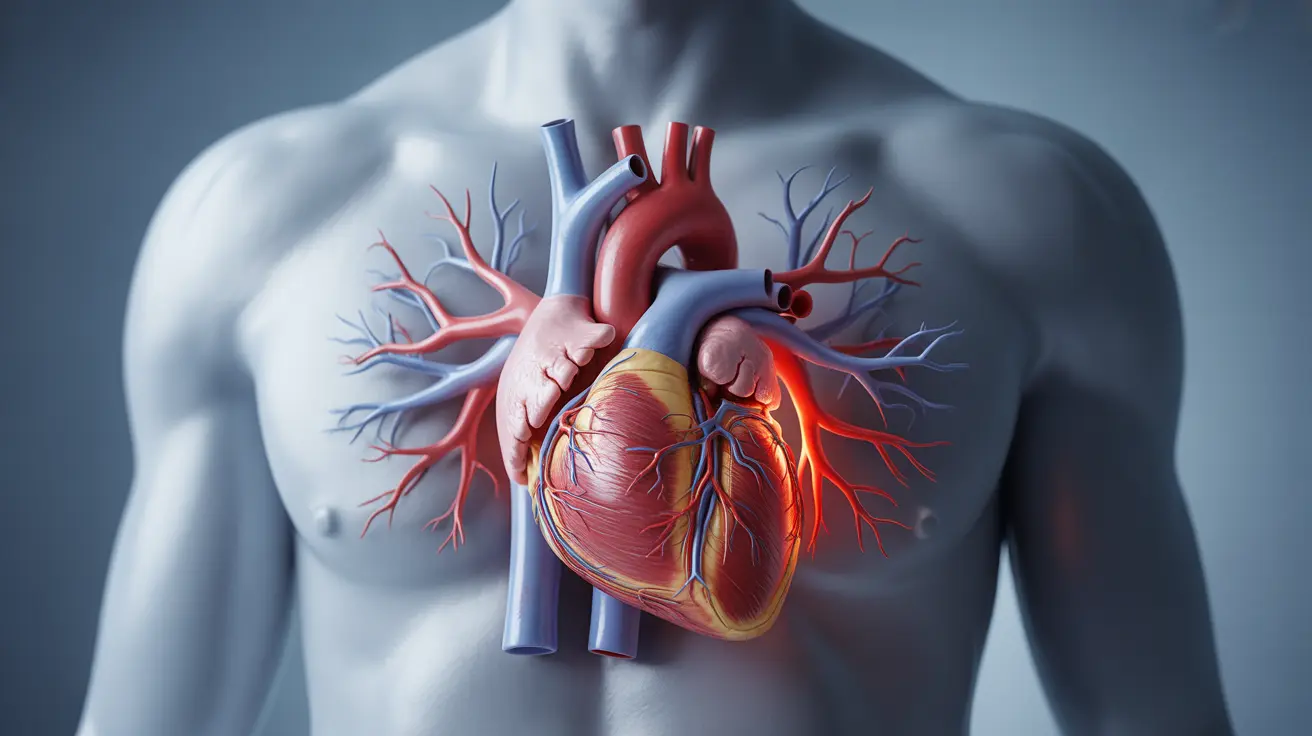Experiencing chest pain along with chills can be alarming and may signal various underlying health conditions, ranging from mild infections to serious medical emergencies. Understanding the potential causes and recognizing when to seek immediate medical attention is crucial for your health and safety.
This comprehensive guide explores the common causes of chest pain with chills, helps you identify warning signs, and explains when you should contact a healthcare provider or seek emergency care.
Common Causes of Chest Pain with Chills
Several conditions can cause the combination of chest pain and chills. Here are the most frequent causes:
Respiratory Infections
Respiratory infections are among the most common causes of chest pain accompanied by chills. These include:
- Pneumonia
- Bronchitis
- Upper respiratory tract infections
- Viral infections affecting the lungs
Cardiac Conditions
While not all chest pain indicates heart problems, certain cardiac conditions can present with both chest pain and chills:
- Pericarditis (inflammation of the heart's outer covering)
- Myocarditis (inflammation of the heart muscle)
- Endocarditis (infection of the heart's inner lining)
Other Medical Conditions
Additional conditions that may cause chest pain and chills include:
- Pleurisy (inflammation of the lung lining)
- Systemic infections
- Autoimmune disorders
- Severe allergic reactions
Warning Signs and Emergency Situations
Certain combinations of symptoms require immediate medical attention:
- Severe chest pain or pressure
- Difficulty breathing
- High fever (above 103°F/39.4°C)
- Rapid heart rate
- Confusion or dizziness
- Bluish lips or fingertips
Diagnostic Process
Healthcare providers typically use several methods to diagnose the underlying cause:
- Physical examination
- Blood tests
- Chest X-rays
- ECG/EKG
- CT scans (when necessary)
- Blood culture tests
Treatment Approaches
Treatment varies depending on the underlying cause and may include:
- Antibiotics for bacterial infections
- Anti-inflammatory medications
- Rest and hydration
- Specific cardiac medications if heart-related
- Supportive care measures
Frequently Asked Questions
What are the most common causes of chest pain accompanied by chills and fever?
The most common causes include respiratory infections like pneumonia and bronchitis, cardiac conditions such as pericarditis and myocarditis, and systemic infections. Viral infections affecting the respiratory system are particularly common causes of these combined symptoms.
When should I seek emergency medical help if I have chest pain and chills?
Seek immediate medical attention if you experience severe chest pain, difficulty breathing, high fever, rapid heart rate, confusion, or bluish discoloration of lips or fingertips. These symptoms could indicate a serious condition requiring urgent care.
How can infections like pneumonia or bronchitis cause chills and chest pain?
These infections cause inflammation in the respiratory system, leading to chest pain. The body's immune response to infection can trigger chills as part of the fever mechanism. The chest pain often worsens with breathing or coughing.
What are the differences between chest pain caused by heart problems and chest pain from infections?
Heart-related chest pain often feels like pressure or squeezing and may radiate to the arm or jaw. Infection-related chest pain typically worsens with breathing or coughing and may be accompanied by other respiratory symptoms. However, only a medical professional can definitively determine the cause.
How are conditions like pericarditis or myocarditis diagnosed and treated when chest pain and chills are present?
These conditions are diagnosed through a combination of physical examination, blood tests, ECG, and imaging studies like echocardiograms. Treatment typically includes anti-inflammatory medications, rest, and monitoring. Severe cases may require hospitalization and specific cardiac treatments.




